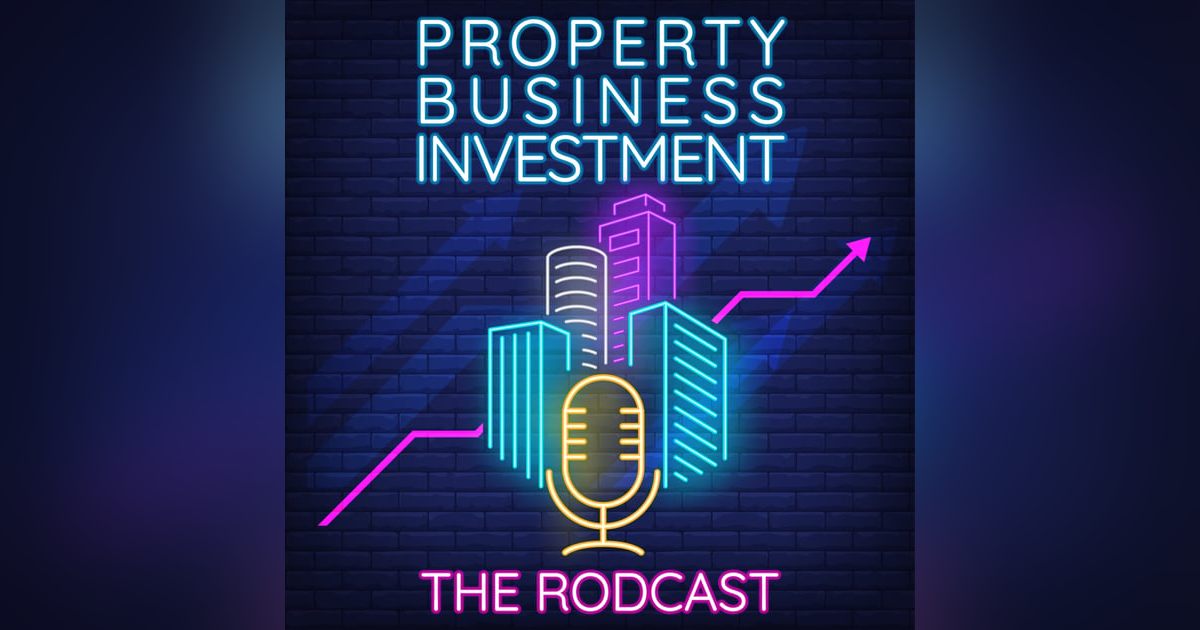Paul Oberschneider

In this episode we hear Paul's story of how he started what would become the the biggest development company in central Europe with 33 offices in 5 countries.
We talk about how started in property, the move from residential to building major retail parks, how leverage worked for him and how close he came to losing it all!
We then go onto discuss his new business venture https://www.hilltopcreditpartners.com/ which funds SME developers in the UK and why the man who sold everything a few weeks before the great financial crisis thinks its a good time to buy.
One of the things Paul touches on in this episode is Yield compression.
If you don't understand yield compression here is an example.
Some funds/investors buy for income purposes and they want to make sure their income is safe for the future. The safer that income the lower the yield they will be prepared to take. Safe or low risk will depend on how likely it is that the income is going to keep coming in for the foreseeable future. That depends on many factors such as location, use class, the ability of the tenant not to go bust, the length of the term etc...
So leasing a building to a newly formed company with no balance sheet whose directors have no assets to guarentee or underwrite the lease with and who want to rent out VHS videos to the public will not be seen as low risk and would get a higher yield than renting a building to the UK government (who has never defaulted on a loan) for the purpose of housing inmates for the next 30 years, which would be seen as low risk and would be valued with a lower risk.
The VHS shop could be a 14% yield
And the prison a 3% yield.
So that means if the rent for each was £100k per year;
The VHS would be valued at £714k
The prison at £3.333 million
The formula is to take rent 100k and divide by 0.14 (for the VHS) or 0.03 (for the prison)
So when my guest says they built something to a 17% yield that means it cost them
£588k to get 100k of income
And they sold for a 5% yield it means the buyer valued that 100k income at £2 million which is a margin of around 250% profit on cost before taking leverage into account.
See acast.com/privacy for privacy and opt-out information.







